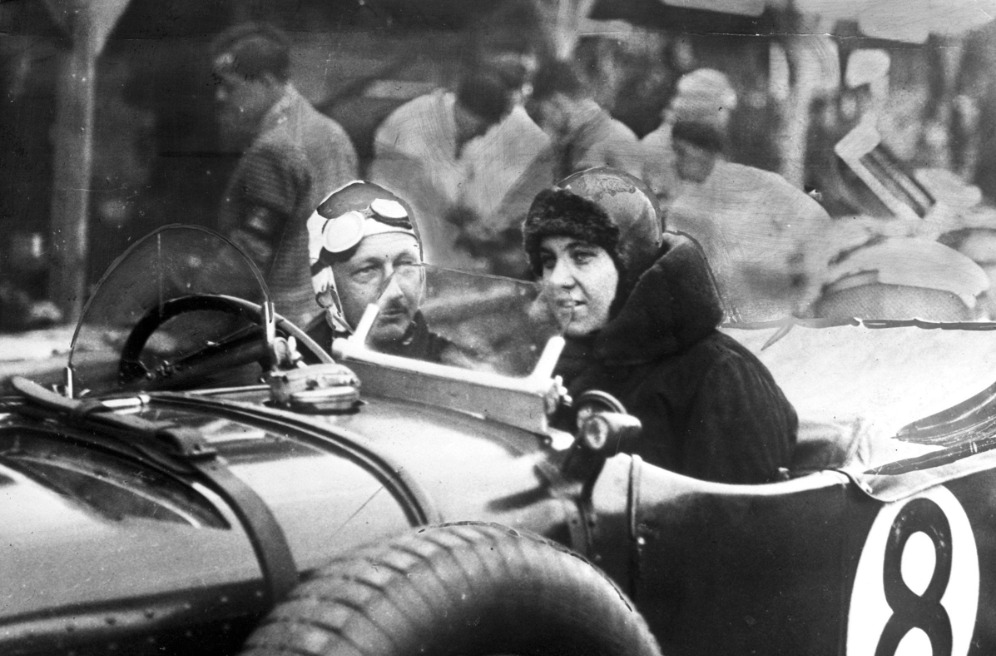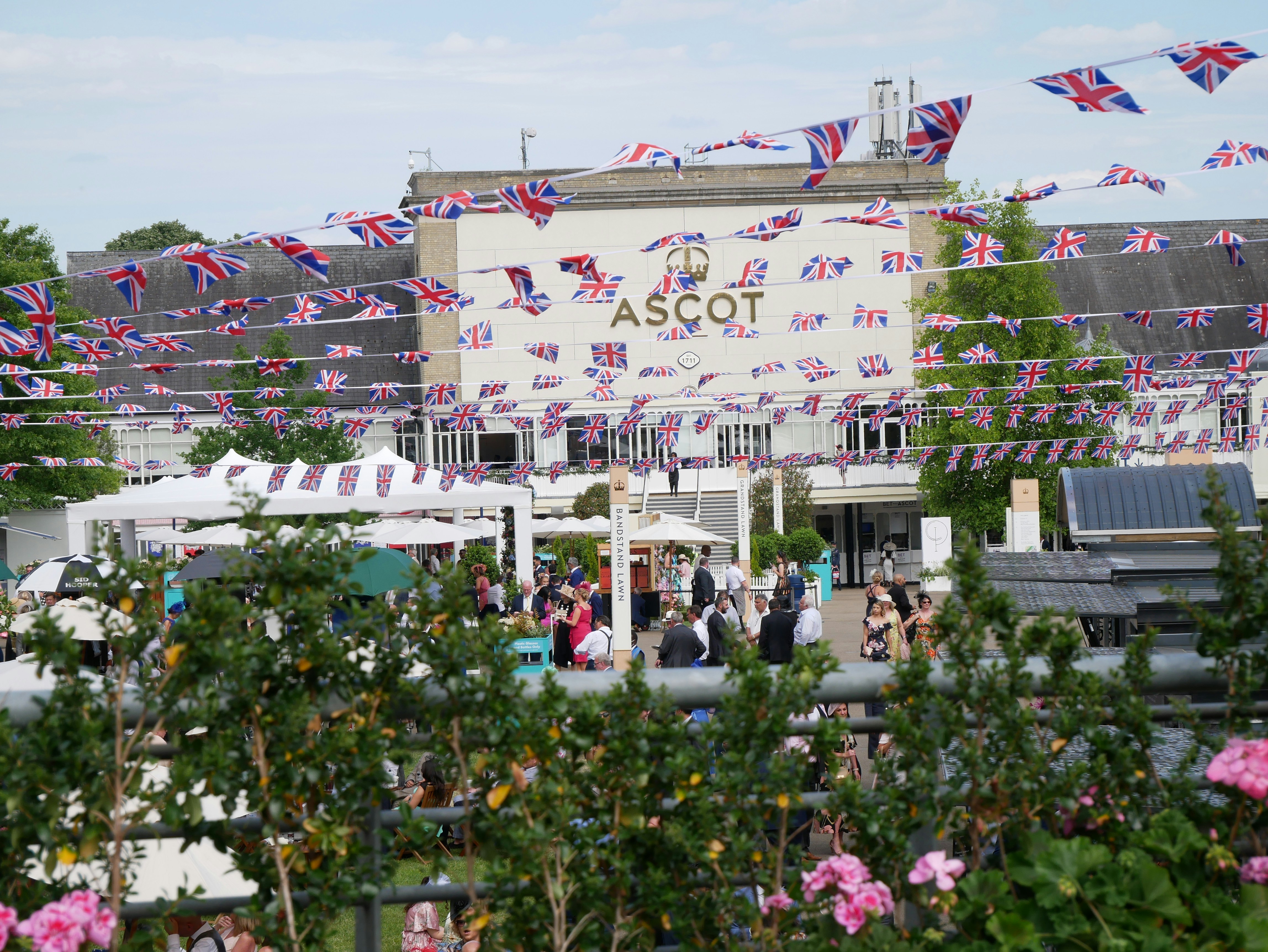Paul St John
January 6, 2022The Honourable Dorothy Wyndham Paget (Part II)
Dorothy Paget was the billionaire heiress who owned Golden Miller, five-time winner of the Cheltenham Gold Cup.

Birkin & Olili
The racegoer who remarked, having seen Dorothy Paget express affection towards one of her winning horses, that it was probably the first time she had ever kissed a man, was wrong. When young and slim, if not beautiful, she had fallen in love with Tim Birkin.
Tim was a Bentley Boy, one of a group of hard partying, hard racing thirty-somethings, who stripped down and souped up their vehicles, competing ferociously on UK circuits and in Europe.
Leeds Castle in Kent was then owned by Dorothy’s older sister. Parties were held there of such bacchanalian intensity that the local police had to be bribed to turn a blind eye. Discretion was all. Politicians attended, as did film stars. A young Noel Coward was a frequent guest. All were sure of anonymity.
At one of those parties, Dorothy met Tim. She was 24. He took her for a 90-mph spin in his death-trap of a car around the banked Weybridge circuit. Dorothey loved it.
A motor-racing historian observed: ‘As a very dashing English hero, Birkin would have had his pick of the many women drawn to the sport. Dorothy may not have been the most attractive looking of those who hung around the paddock, but her wealth made her a completely different proposition’.
Birkin was after money, and he got it. His ‘Bentley Blowers’ were funded to the tune of £40,000 (£2 million today). When success failed to materialise, Dorothy reduced her support, but never stopped it completely.
Tim died young, just over three years later, from septicaemia. Dorothy, grief-stricken, went to seed. A few months later the wife of trainer Fulke Walwyn noted with astonishment how much weight she had put on.
Dorothy was a worldly member of an ultra-rich set who considered themselves above ordinary morality. Birkin had a reputation for excessive womanising. She wouldn’t have expected him to change (nor did he), still less looked for something conventional like marriage.
And yet he was far more to her than a shallow flatterer, decent in the sack. A man worthy of the name, perhaps, with something she craved but couldn’t buy. With him gone, Dorothy turned first to food, then Olili.
Olili had been eleven when Dorothy first met her, in Paris. Now, she was a young woman. Unlike Tim, she didn’t put Dorothy on the scales.
In the early summer, some six months after Tim’s death, Dorothy, characteristically, ‘disappeared’. Her trainer, who she called most nights, usually after midnight, had no idea where she was (and knew better than to ask).
In fact, she was in Germany, with Olili. She stayed nine months, returning on a private plane on the morning of the 1935 Cheltenham Gold Cup.
The Miller
In 1931, already established as an owner and high rolling gambler, Dorothy rang trainer Basil Briscoe wondering if he had any chasers she could buy. He suggested a four-year-old dark bay gelding that had just come a very decent third in a 20-runner maiden hurdle, and whose owner had recently died.
In the early spring of 1932, the ground at Cheltenham was rock hard. Golden Miller, with some wins now behind him, was one of six runners in the Gold Cup. On the morning, Briscoe and jockey Ted Leader wanted to withdraw.
Dorothy insisted he run.
tbc

Written by:
Paul St John
Share article:


